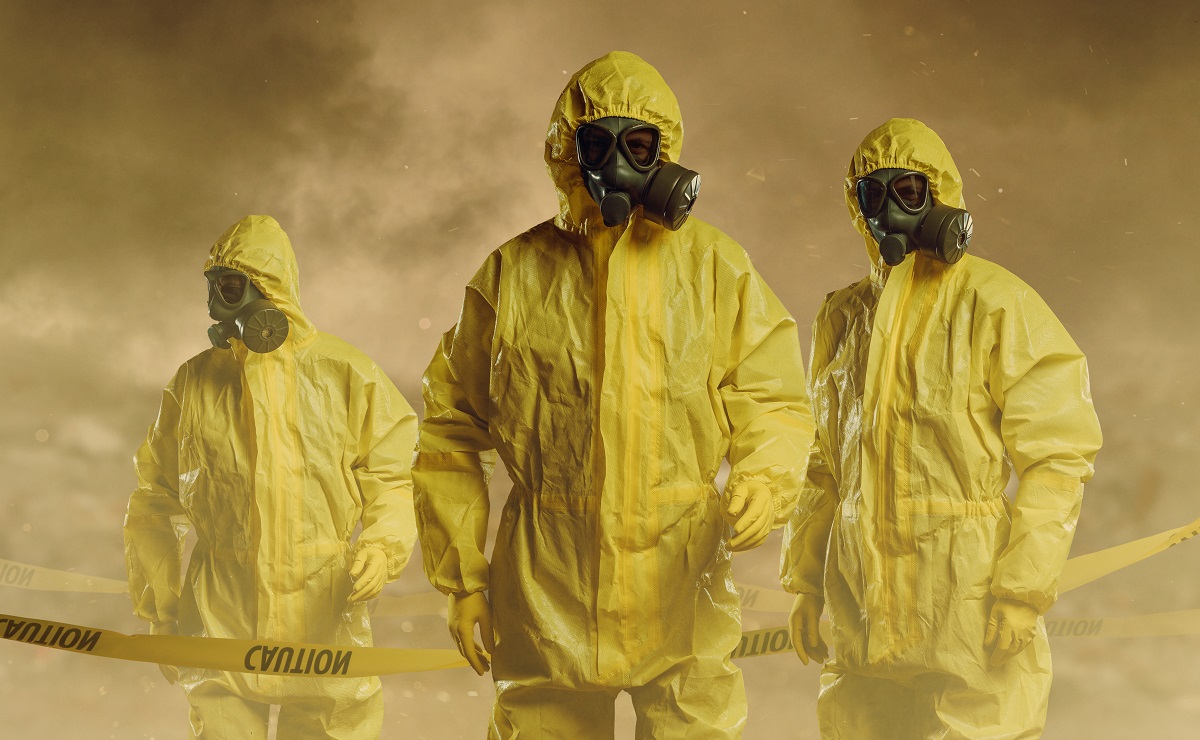Infection
Russia Says Patients Infected With Deadly Bacteria Have Escaped
Image by Getty Images
It sounds like the plot of an infectious disease thriller: on the arid plains of Siberia, a dinner party partakes of horse meat that secretly harbors a rare and deadly bacteria. Once guests start showing signs of an infection, they are sent to the hospital, but some escape their sick beds — panicking local officials who send out an alert.
That’s how it allegedly went down in Tuva, a republic in Russia’s southern Siberian region in late June, and the bacteria that made everybody sick is anthrax, according to TASS, a Russian state-run news agency.
Russian state media is known for publishing slanted news and propaganda, but it’s unclear what authorities would have to gain from airing this story of a bungled public health menace. And there have been independently recorded cases of anthrax in the Russian hinterlands, such as a 2016 outbreak in the country’s obscure Yamal Peninsula in northern Siberia, where scores of people became sick and a child died, according to an NPR report at the time.
Perhaps most pertinently, researchers have said that anthrax outbreaks like in 2016 will become more common due to the rapidly warming temperatures in Siberia driven by climate change. Scientists theorize that increased temperatures are thawing permafrost and are unlocking all sorts of deadly bacteria and viruses from their icy prisons.
This most recent anthrax incident happened in a town called Bizhiktig-Khaya, where there is a “shepherds’ encampment where over 100 unvaccinated animals were held,” according to TASS. On June 30, a local resident was sent to the hospital for anthrax after visiting the settlement, where horsemeat was seemingly consumed, and four other people were also infected.
Patients were supposed to stay hospitalized until they no longer showed any signs of infection, but four have apparently escaped the hospital.
TASS reported that the patients were in “satisfactory condition,” but should not have been discharged until “all manifestations of the disease on the skin have healed.”
More on diseases: Climate Change Is Freeing Ancient Infections From Their Icy Prisons
Share This Article

